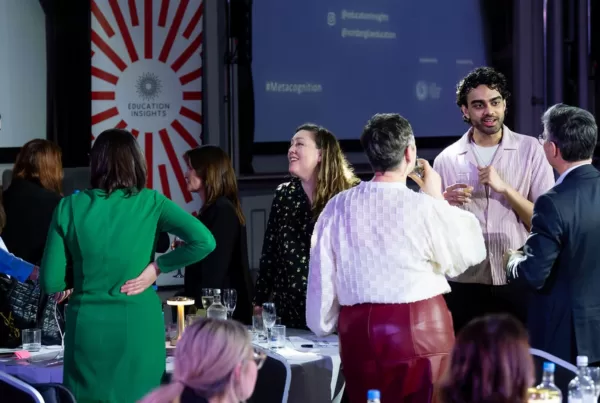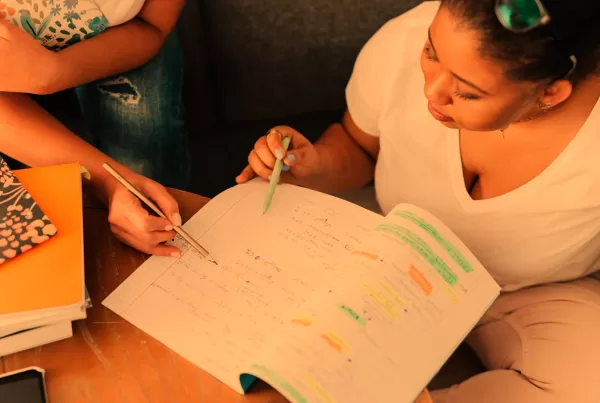
Metacognition and AI in Education: Who Is Really Doing the Thinking?
14 February, 2026
Metacognition and AI in Education: Who Is Really Doing the Thinking?
Last Thursday I had the pleasure of speaking at the #EducationInsights event organised by The Teaching Awards Trust at the very fancy Bloomsbury Ballroom in London. The event focused on…





